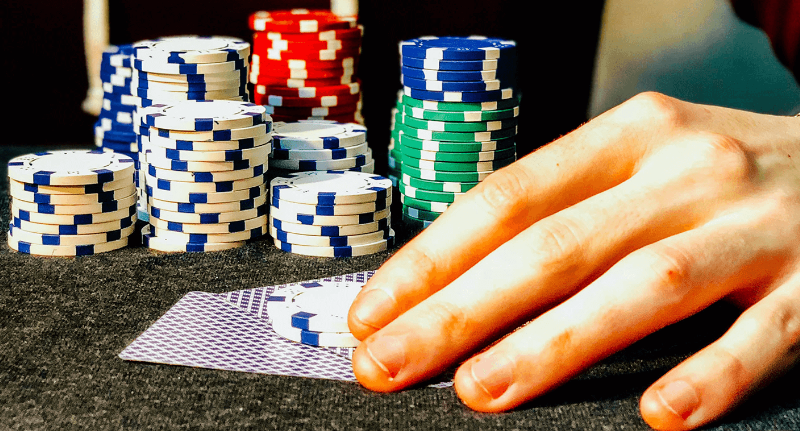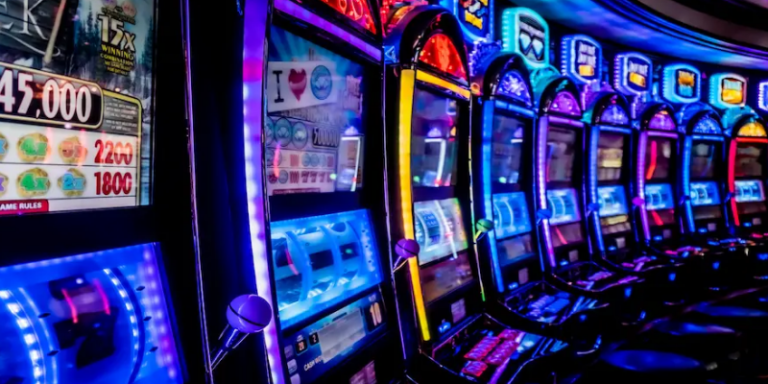Macau saw a sharp increase in gaming-related criminal investigations in the first quarter of 2025, with 567 cases reported — a 61.5% rise compared to the same period in 2024. Authorities attribute much of this growth to newly enforced legislation targeting illegal money exchange operations, locally known as “money exchangers,” which came into effect in late October 2024.
New Law Spurs Rise in Illegal Money Exchange Cases
The Judiciary Police and Public Security Police Force report that the increase in gaming crimes is largely due to the introduction of the Anti-Illegal Gambling Crime Law, which specifically criminalizes “operating illegal currency exchange for gambling.” Out of the 567 cases, 132 involved this new offense, accounting for over 60% of the year-on-year increase.
Despite the rise in cases, law enforcement efforts have been effective. Authorities arrested 251 suspected money exchangers in Q1 2025 — an 80.6% decrease from the 1,292 arrests made during the same period in 2024. This decline suggests a shrinking presence of illegal operators, even as broader legal definitions caused the case count to rise.
The police also resolved 157 cases related to illegal currency exchange, including those newly classified under the recent law and some reclassified from previous investigations. These actions have helped maintain order in casinos and surrounding areas.

Cross-Border Cooperation and Crime Patterns
In March, Macau authorities collaborated with mainland Chinese law enforcement to dismantle two transnational criminal groups involved in illicit currency exchanges. One group used fake delivery services, and the other operated through jewelry shops to facilitate fraud. These syndicates managed transactions totaling HK$200 million (about US$25.7 million) and HK$590 million (around US$75.8 million), respectively. Over 60 suspects were arrested across both jurisdictions during these joint operations.
Besides illegal currency exchange, fraud was the most common gaming-related crime this quarter, with 152 cases (26.8%). Other notable offenses included usury (51 cases, 9%), theft (46 cases, 8.1%), misappropriation (38 cases, 6.7%), and violations of casino exclusion orders (21 cases, 3.7%). Other crime types each represented less than 3% of cases.
Compared to 2024, most gaming crime categories declined, except fraud, which doubled. Since the illegal currency exchange offense was only defined in late 2024, comparisons with past data for that category are not possible.
Non-Residents Dominate Crime Statistics
An analysis of 679 suspects in gaming-related crimes found that 82.5% were non-residents of Macau, while local residents made up just 17.5%. Similarly, among 333 identified victims, only 8.4% were locals, with the rest being non-residents. This indicates that both perpetrators and victims in gaming crimes remain predominantly non-local, with no signs of increased localization.
Secretary for Security Wong Sio Chak noted that the 11.1% rise in visitor arrivals during Q1 2025 likely adds complexity to maintaining public order. He reaffirmed that Macau’s security forces will continue monitoring crime trends and enhancing prevention and enforcement efforts as needed. The recent law is considered a vital tool in combating illegal gambling and related offenses, with authorities committed to optimizing their strategies in response.










